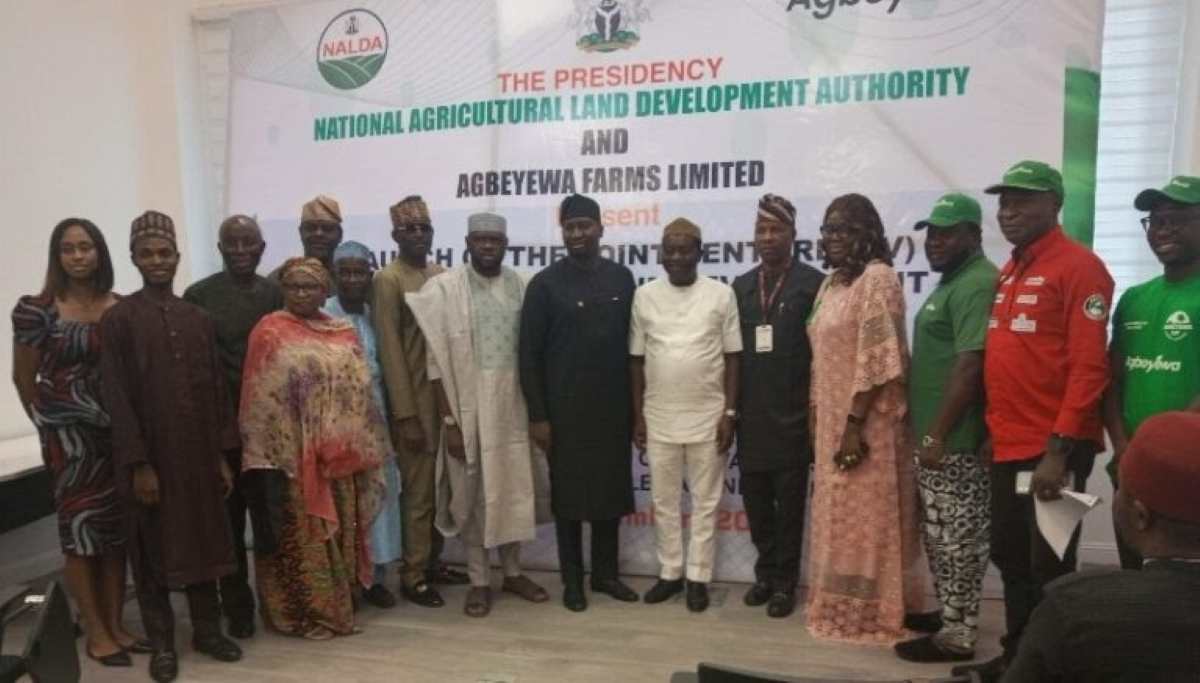
The Federal Government has launched a trade app to improve the business climate in Nigeria, especially for the Micro, Small and Medium Enterprises (MSMEs), in line with the Ease of Doing Business (EoDB) initiative.
The launch of the app followed a World Bank report 2019, which indicated that starting a business, electricity, paying taxes, and enforcing contracts are among areas with improved business regulatory framework.
Similarly, Sub-Saharan Africa (SSA), is said to have witnessed the largest number of reforms since 2012, with 107 business climate reforms across 40 countries between 2018 and 2019.
Also, an Africa Development Bank (AfDB) report said Africa and its individual countries’ business climate has been improving with a 14 per cent increase from 2016.
These assertions, according to experts, indicate that the Ease of Doing Business in Nigeria is on a steady increase, with a target to rank among the top 100 in the 2020 World Bank Doing Business Index.
Recall that the Presidential Enabling Business Environment Council (PEBEC), was established in 2016, to oversee Nigeria business climate reform agenda, to remove critical bottlenecks and bureaucratic constraints to doing business in the country.
Speaking on the PEBEC app, Minister of Industry, Trade and Investment, Dr. Okechukwu Enelamah, said it was launched to create better enabling environment for the businesses, citizens, and SMEs operation in Nigeria.
“The important thing about this PEBEC app is that it is a tangible tool for achieving the important objective of better interaction, communication, and feedback mechanism from the users of government services.
“This is basically leveraging technology on the app for a feedback mechanism that people can have on their phone instead of a portal or website. Given the inclusive usage of phones and digital means of communication in Nigeria, I am highly confident that this will make a difference leveraging technology to achieve better services to people,” he added.
Project Manager, Enabling Business Environment Secretariat (EBES), Ayokunnu Ojeniyi, noted that the local business environment plays a vital role in ability of MSMEs to thrive.
Ojeniyi added that the MSMEs, which currently make up to 90 per cent of business in Nigeria, can be encouraged to move from informal to the formal sector when a friendly environment is enabled.
Speaking at the Third Regulatory Conversation (RC3.0), hinged on improving transparency and EoDB, he said SMEs access to loan is still limited, but a legal framework is in process for businesses that do not have offices to use movable collateral.
According to him, 32 states have implemented business reforms in the 2018 sub-national rankings, which moved the country closer to the global best practice frontier with Kaduna, Enugu, Abia, Lagos, and Anambra charting the course.
“There is a notable improvement of Ministries, Departments, and Agencies capacity by 11 points. We also seek better interactions, collaborations and continuous improvement; hence, we created another avenue for engagement, which is the PEBEC App,” he added.
On the efficiency of the App, Senior Special Assistant to the President on Industry, Trade and Investment, Dr. Jumoke Oduwole, said complaints lodged with relevant evidence will be attended to within 72 hours.
“Use data to support whatever complain you are lodging to make it credible. PEBEC has reduced cost, time, and increased transparency since its operation in Nigeria. Also, the issue of multiple taxes will stop because we have one economy.
“We are looking at meeting the local, state, federal government to form an action plan on that level. Servicom have to be retooled to deepen skills. We started from compliance, training and capacity building. We also encourage private sectors to assist in training government parastatals,” she added.





